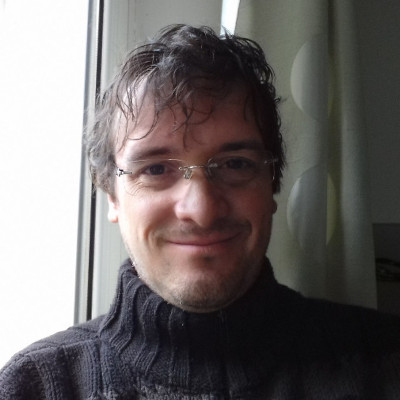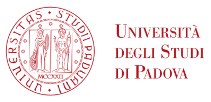
Ramón Guevara is currently a Research Technologist at the Department of Physics and Astronomy, University of Padua, Italy.
He is a biophysicist and neuroscientist. He studied physics, earning an M.Sc in theoretical condense matter physics at the University of Havana, and an M.Sc in high energy physics at the Abdus Salam International Center of Theoretical Physics, Trieste, Italy. He defended his Ph.D thesis at the University of Trieste, Italy, in 2003, in the field of theoretical particle physics and cosmology, after which he worked at several universities, research institutes and hospitals in Italy, Spain, France and Canada. He is currently a Research Technologist at the Department of Physics and Astronomy, University of Padua, Italy.
His main research interest is the temporal coordination dynamics in the nervous system, and the investigation of the mechanisms and functional role of neuronal oscillations and synchronization in cognition and brain pathologies. He applies mathematical methods and concepts form the fields of nonlinear dynamics, statistical physics and information theory in his research. He has also contributed to the investigation of brain functional connectivity in non-invasive recordings of the human brain (electroencephalography and magnetoencephalography) from the methodological point of view. He has investigated how excessive neuronal synchronization leads to pathologies such as epilepsy and Parkinson’s disease, and the importance of noisy, non-synchronized activity for the emergence of consciousness. Other topics he has investigated includes diffusion processes in decisions making, time perception, stochastic resonance in vision and the role of brain oscillations in speech processing.
His teaching activity includes the Biomedical Modeling course for the Master in Biomedical Engineer at the University Paris Descartes in Paris, France, and the Physics and Biophysics course for the Faculty of Medicine of the University of Padua, held in Treviso, Italy, as well as shorter courses in more specialized topics at the University of Toronto in Canada and the Basque Center for Brain, Cognition and Language, in San Sebastian, Spain.

